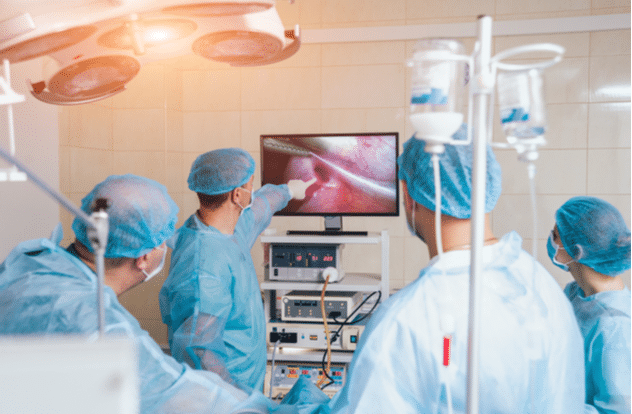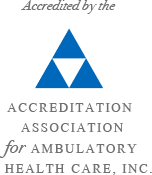Capsule Endoscopy: The Easiest Endoscopic Procedure Ever?

Generally, patients who need to have an endoscopic procedure tend to feel a little nervous. Even with a doctor's reasoning and explanation of a procedure, one cannot know what to expect if they've never had endoscopy before. Also, endoscopy doesn't describe one procedure for all screenings, there are different types of endoscopic procedures that a specialist performs based on the part of the GI tract that requires study. As innovative as modern medicine is, we're not surprised that we have the ability to now perform some endoscopic procedures utilizing a small pill.
What is Capsule Endoscopy?
It sounds like something you'd see (or have seen!) in a science fiction movie. A person swallows a small pill that, once inside the body, captures numerous images as it travels through before, you guessed, it, exiting during a bowel movement. There may have been a time at which this concept was purely fictional, but that time is not now. Today, capsule endoscopy is a reliable form of diagnostic screening for a variety of conditions. The images obtained of the gastrointestinal tract and bowels during the capsule endoscopy might replace those that previously required traditional endoscopy of the small intestine. Some of the conditions that may be observed include:
- Celiac disease
- ulcerative colitis
- Crohn's disease
- Unexplained gastrointestinal bleeding
- Polyps or tumors of the digestive tract
- Barrett's esophagus
- Gastrointestinal cancer
- Unexplained abdominal pain
Capsule Endoscopy Procedure
The capsule endoscopy is very simple but there are a few steps that are followed. Just as if a patient were having traditional endoscopy, it is necessary to clear the gastrointestinal tract. This is achieved by following a clear liquid diet for about 24 hours prior to the test, and also taking a prescribed laxative at that time. At the doctor's office, the patient receives detailed information about their procedure and what to expect, as well as what to do and not do during the endoscopy. They are given a recording device to wear around the waist for a period of time. It is critical to leave the device in place as instructed so picture quality or quantity is not reduced. The endoscopy typically takes about 8 hours, during which patients go about their normal activities while the capsule makes its way through the GI tract, snapping pictures as it goes. The capsule should pass comfortably after about 8 hours. The recording device must be returned to the doctor's office, where images are transferred to a computer. The images are often processed into video form for the doctor to review.
Gramercy Park Digestive Disease Center is proud to offer a variety of endoscopic services, including capsule endoscopy. We have two convenient NYC offices. Contact us to schedule your visit.


